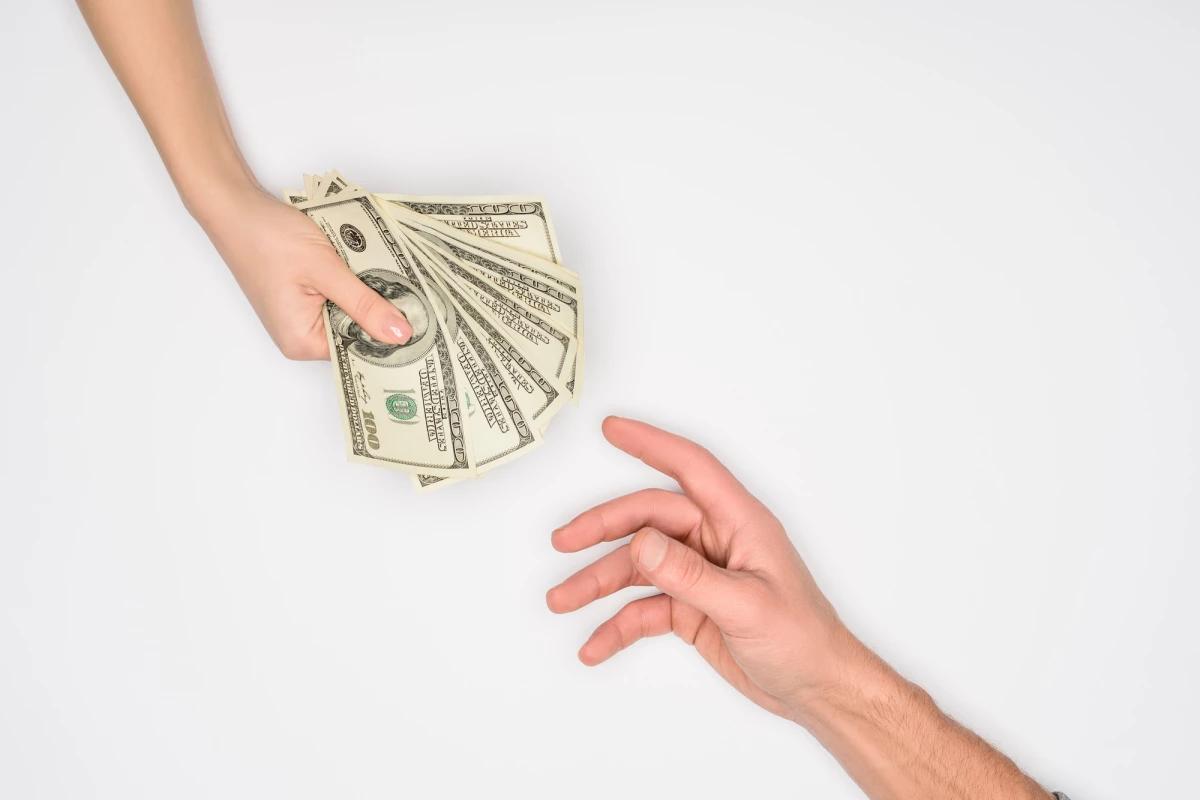The results from the first 12 months of a small universal basic income trial in California suggest those receiving the monthly unconditional payments report increased rates of employment and improved mental health. Full results of the 24 month trial, spanning February 2019 to February 2021, will be released next year, ultimately offering insight into how participants fared once the COVID-19 pandemic hit.
The Stockton Economic Empowerment Demonstration (SEED) was spearheaded by Michael Tubbs, former mayor of Stockton in Northern California. The trial randomly selected 125 residents of neighborhoods in Stockton with a median income at or below US$46,000. A control group of another 200 demographically similar subjects were also randomly selected.
For two years, beginning in February 2019, participants would receive $500 each month. The cash transfer was unconditional, and unrelated to overall income or employment status.
The project is privately funded by philanthropic donors and this new interim analysis was independently conducted by a team of researchers led by Stacia West from the University of Tennessee and Amy Castro Baker from the University of Pennsylvania.
One of the primary focuses of the trial was investigating whether these kinds of consistent unconditional cash payments ultimately lead to lower levels of employment. Critics of universal basic income (UBI) claim free financial handouts could act as a disincentive to seek work.
The interim data from the SEED trial reveals full-time employment levels in the payment group actually grew faster than the control. At the start of the trial 28 percent of subjects in the payment group had full-time employment. Twelve months later that had risen to 40 percent. In contrast, 32 percent of those in the control group were employed full-time at the beginning of the study, and a year later that had risen to 37 percent.
“Shifts in employment patterns were tied to removing material barriers to full-time employment and removing time and capacity limits created by scarcity and precarity,” the researchers write in the interim report. “Material barriers included the ability to reduce the number of part-time shifts or gig work in order to apply for stronger positions. This included completing internships, training, or coursework that lead to full-time employment or promotions, or reallocating resources in a way that facilitates seeking better job prospects.”
One particular case study talks of how the cash payments allowed the recipient to take on an unpaid internship, which ultimately led to a paying job. Another recipient reports the payment allowing him to reduce his work hours and complete training to obtain a real estate license.
The report also found recipients of the monthly payments displayed greater improvements in their mental health and overall well-being compared to those in the control group. One recipient says the monthly payments directly went to paying off credit cards, and the reduction in anxiety as a result was significant.
“I had panic attacks and anxiety,” the mother of two is quoted as saying. “I was at the point where I had to take a pill for it. And I haven’t even touched them in awhile. I used to carry them on me all the time.”
This interim report adds to a growing body of research pointing to the possible social benefits of a UBI. The researchers behind the report are clear in noting these findings are preliminary, and the full results of the SEED study will be published sometime in 2022.
As the SEED study spanned 2019 to 2021, the second half of the trial will inevitably present compelling insights into how the cash payments effected life during the COVID-19 pandemic. A study published late last year investigating the effect of the pandemic on a similar UBI trial in Kenya revealed pros and cons to these kinds of unconditional cash payments during times of crisis.
Michael Tubbs believes in the context of the SEED trial, these consistent monthly payments across 2020 have helped maintain financial stability and well-being.
“The last year has shown us that far too many people were living on the financial edge, and were pushed over it by COVID-19,” says Tubbs. “SEED gave people the dignity to make their own choices, the ability to live up to their potential and improved economic stability going into the turmoil of the pandemic.”
Source: SEED




